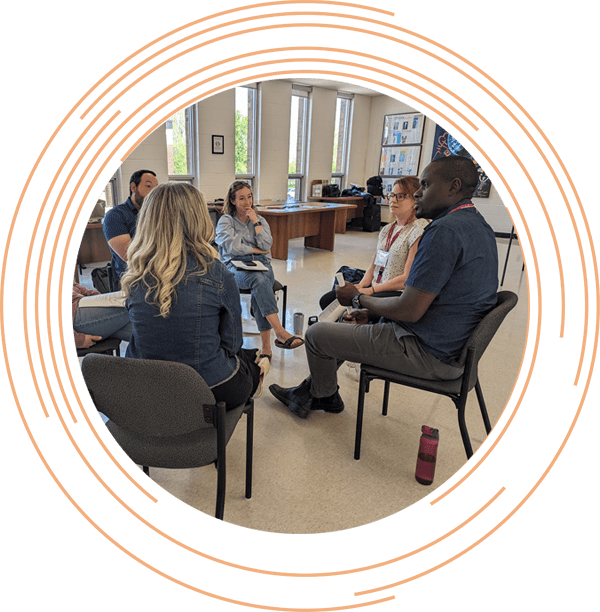
Inspire Change, Transform Lives, and Leave a Lasting Impact
Earn Your Masters in Restorative Practices
Meaningful connections create a ripple effect throughout the community. At the International Institute for Restorative Practices (IIRP), our masters and graduate certificate programs equip you to build a positive culture, strengthen relationships, and foster accountability. You'll transform your community and contribute to a more compassionate, connected world.
Program Options
Earn a Master of Science, offering specializations in Education and Community Engagement, or one of our Graduate Certificates.
Requirements
Each program requires a bachelor's degree or equivalent, a belief in our collective power to heal communities, and a curiosity to learn how.
Transform Your Approach, Transform Your Community:
Create Positive Change with Restorative Practices

Restorative Practices Matter
By utilizing restorative practices, you'll learn to nurture relationships, create a positive classroom and workplace environment, and support students and employees in their growth. No matter your role, this program transforms how you view and address conflict, relationships, and community‑building.

Experience It to Believe It
This program goes beyond classroom and workplace strategies — it changes your perspective. You'll gain new insights on handling conflict and connecting with others, with practical skills that can be immediately applied to your work and personal life for lasting change.

Make a Difference!
This isn't just about advancing your career — it's about creating meaningful, lasting change for yourself, your colleagues, and your community. If you're driven to build a more inclusive, compassionate environment, this program will help you achieve that impact.
Most students complete the masters program in restorative practices in less than three years.
Master of Science tuition is under $19,000. Graduate Certificate tuition is less than $8,000.
Most program courses are 100% online with a few blended options. Courses start in Fall, Spring, and Summer.
What is Restorative Practices?
Restorative practices are approaches designed to build and maintain healthy relationships, resolve conflicts, and promote a culture of inclusion and respect. Here's what you need to know about restorative practices:
- Encourages Open Communication and Active Listening
- Strengthens Relationships by Addressing Harm and Fostering Accountability
- Creates a Positive, Inclusive Environment Where Everyone Feels Valued
- Empowers Individuals to Take Responsibility for Their Actions
- Used to Improve Climate and Culture in Schools and Workplaces that in Turn Increases a Sense of Belonging, Promoting Safety and Cooperation
